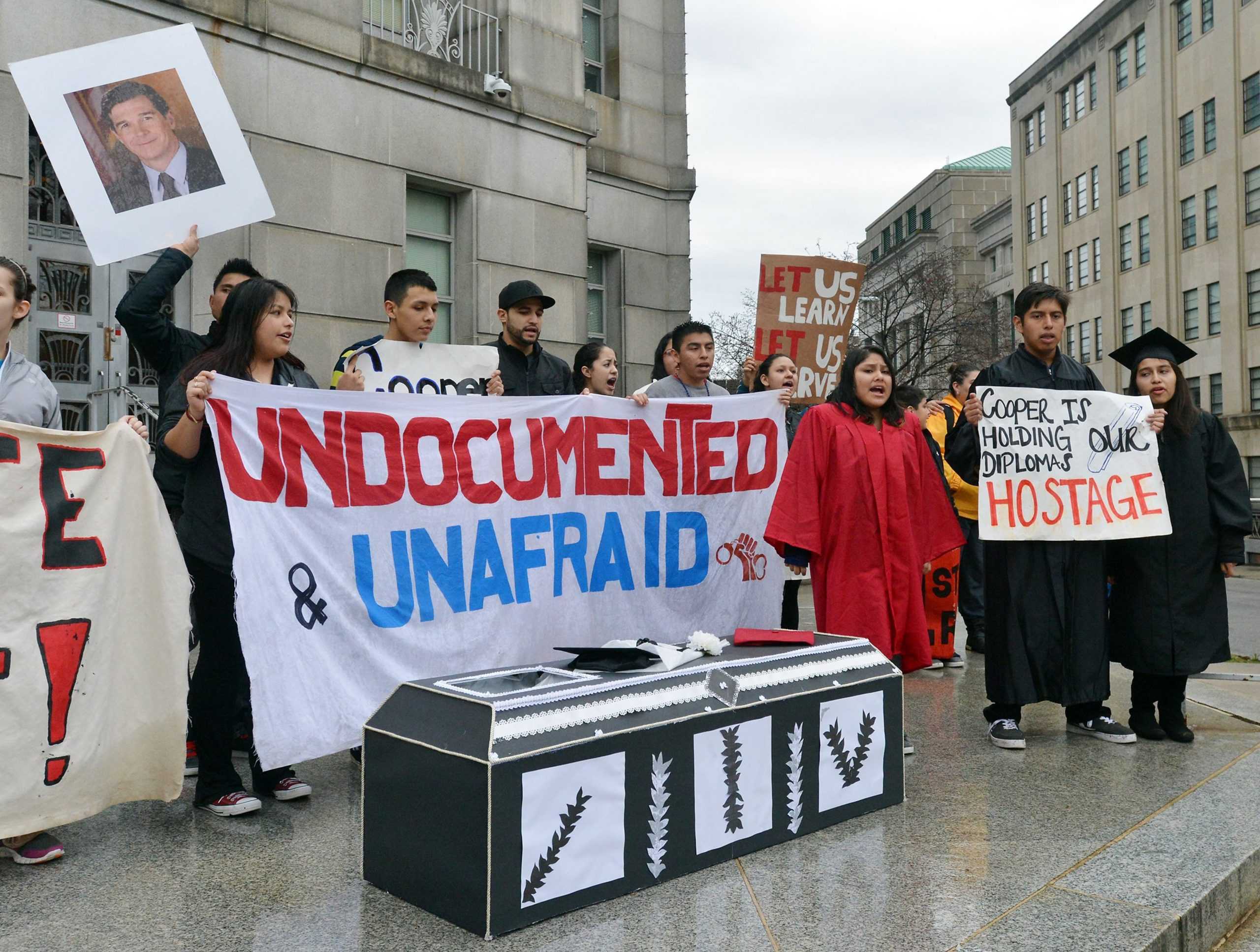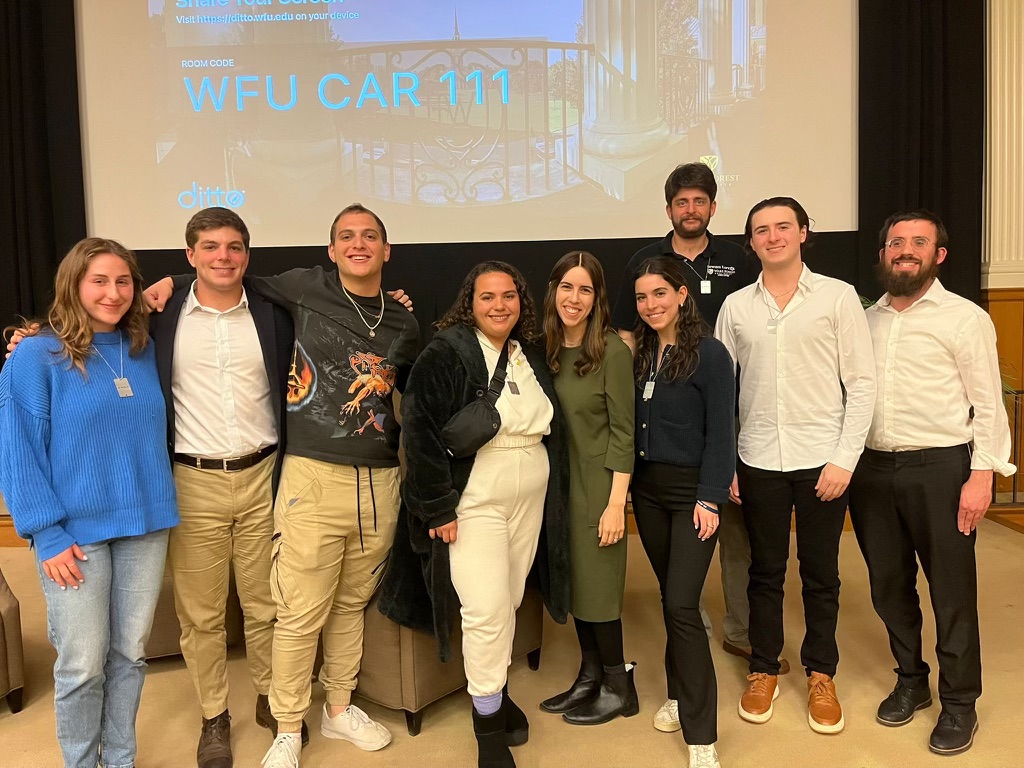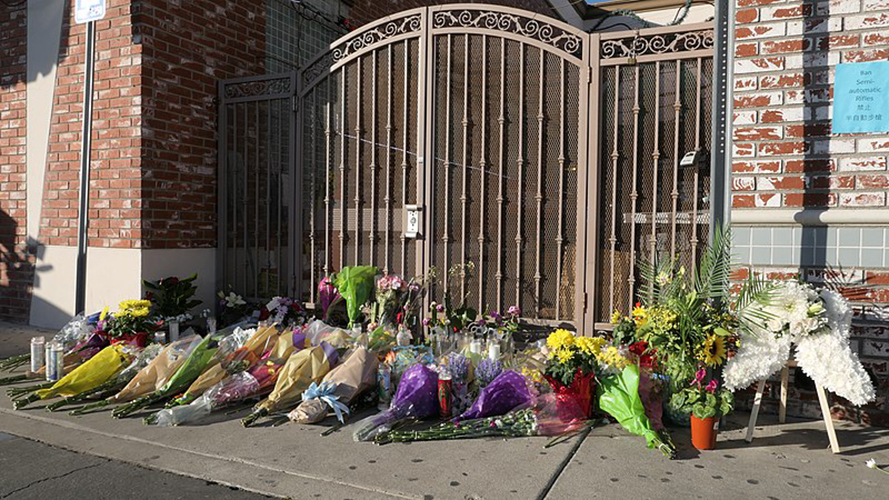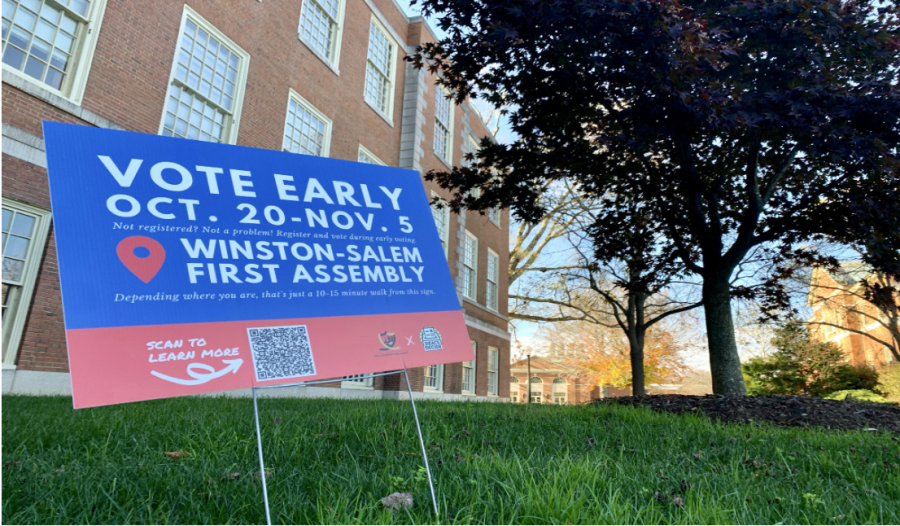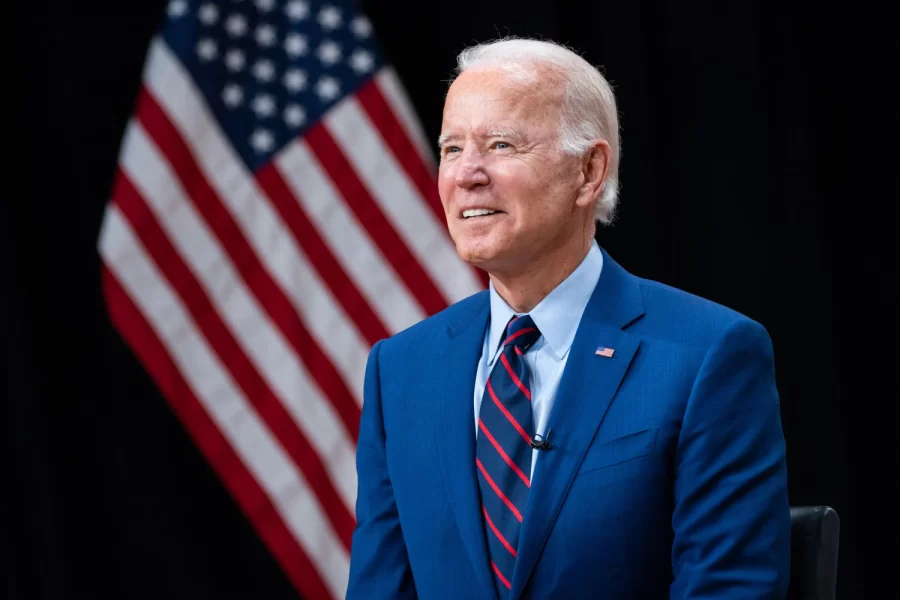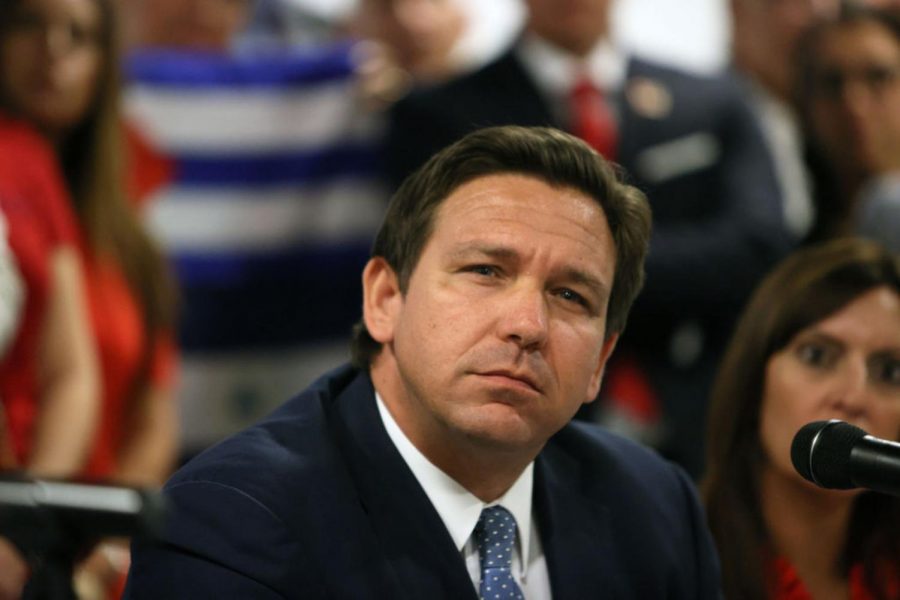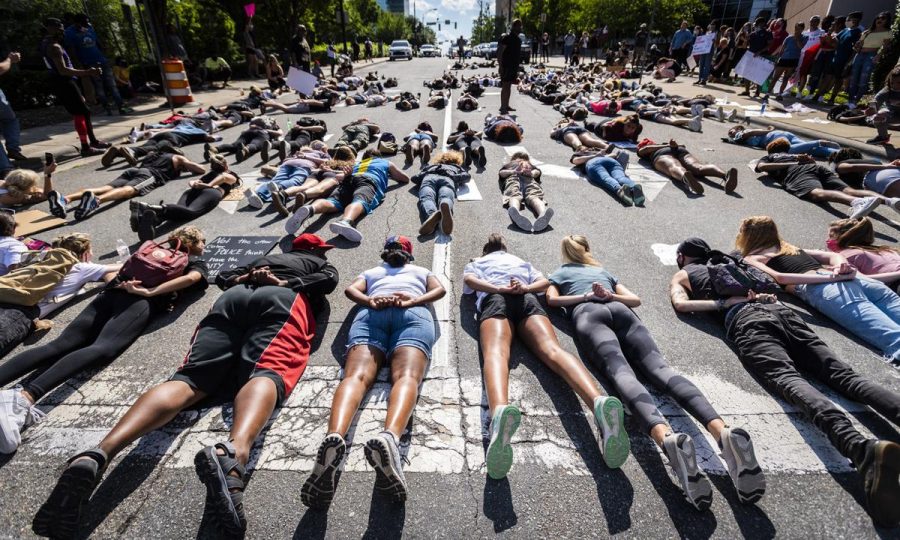You have only ever known one place as home.
All your memories, experiences, friends and family are in this one place. Now imagine being told you or your parents are not authorized to be there and will be removed and taken to a far-off, unfamiliar land.
For some, this is a scene from a nightmare, but for others, this is their impending reality.
In response to growing concerns about his re-election and widespread protests against the detaining and deportation of undocumented immigrants, President Obama announced an Executive Order in June 2012 for the Deferred Action for Childhood Arrivals (DACA) program.
Under DACA, those eligible would be able to attain renewable work permits, gain a social security card, a driver’s license and achieve job placement without being considered illegal. To date, it has provided more than 750,000 undocumented minors security from removal and the ability to work.
“I remember hearing about President Obama’s announcement and being excited because I hadn’t previously followed immigration news,” said an undocumented student who asked to remain unnamed. “My excitement, however, quickly became disappointment when I realized the executive order didn’t consider my parents or older brother in those who could qualify for DACA.”
Throughout his campaign, President Donald Trump used the issue of undocumented immigration to label immigrants as guilty of crimes, posing threats and stealing American jobs, all while promising to deport the 11 million undocumented immigrants living in the country and cancel the DACA executive order.
On Tuesday, Feb. 21, Trump signaled his intention to keep DACA in place, a change to his previous stance. Instead, he chose to focus on punishing parents responsible for bringing their children to the country unlawfully.
Until Tuesday’s announcement, Trump’s actions toward immigration faced widespread response across the nation from companies’ Superbowl ads, CEOs issuing company-wide statements reaffirming support for all people and university faculty and administration.
Last July, a Gallup poll showed that 66 percent of Americans opposed deporting undocumented immigrants back to their home countries. A more recent December Politico poll showed that 55 percent of Americans oppose deporting undocumented immigrants living in the U.S.
“DACA is a very difficult subject for me, I will tell you,” President Trump said in a Tuesday morning press conference. “You have these incredible kids in most cases, but in some cases, they’re gang members and they’re drug dealers, too.”
Faculty and students have voiced their concerns since Trump’s election win, with speak outs, walkouts and panel discussions on campus as a medium to express their fear, anger, and concern for what is to come.
Trump’s announcement did little to ease these concerns, specifically among those who are undocumented students on campus.
“The rhetoric is perpetuating the idea of the good immigrant,” said Cazandra Rebollar, senior and recipient of DACA. It assumes we, as a country only want those who will bring business, jobs and wealth to the country and forgets those who work in the fields and clean houses.”
Another undocumented student, who asked to remain unnamed, pointed to his parents’ long history of obeying laws and always being productive in the jobs they held.
“My parents pay taxes, they always have and will continue to do so without any expectation of receiving the benefits that come with paying those taxes,” said the sophomore.
Undocumented students on campus continue to wrestle with the idea that their parents, friends or members of their communities could be swept up in increased immigration enforcement. Many see a widespread backlash and protesting as effective ways to combat the new administration’s policies. But few find relief in the most recent development.
“Trump’s maintaining of DACA or being conciliatory on issues of immigration seem to be a back-and-forth with his base and public sentiment,” Rebollar said when asked about policies in the future. “My sense of security is fleeting because week-to-week, immigration could be here to stay or on its way out.”

